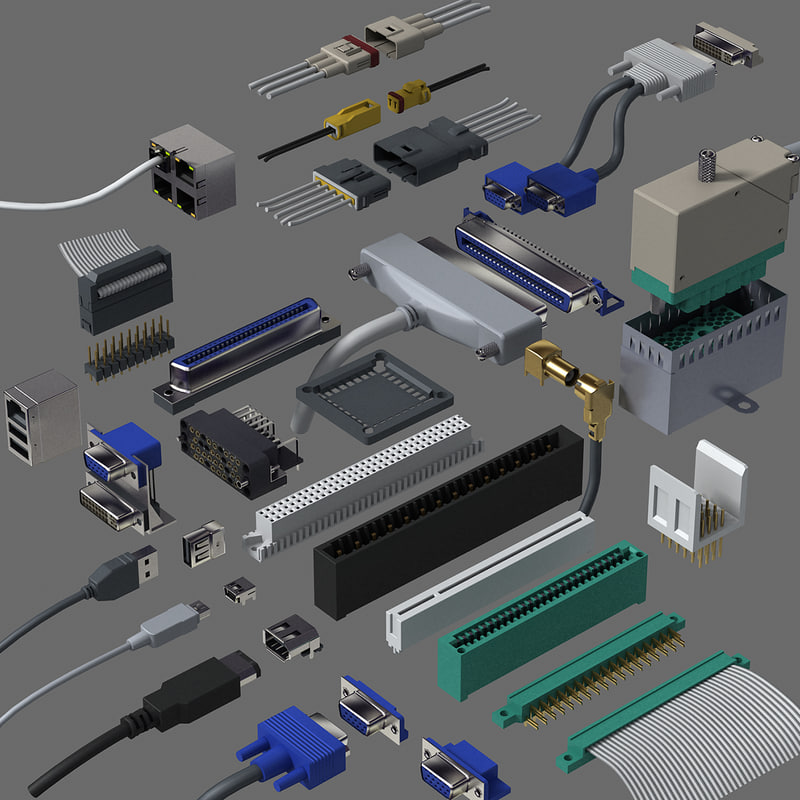The Craft of Reviving Functionality from Surplus Computer Pieces
In the current swiftly changing technological environment, the requirement for PC components is ever-increasing, leading to a surge in excess and pre-owned parts filling the space. For price-sensitive fans and expert builders alike, sourcing for surplus PC components presents an invigorating chance to create or enhance systems without overspending. Equipped with a bit of knowledge and sharp perception, one can resurrect utility from these discarded items, converting them into robust systems capable of handling tasks ranging from everyday functions to premium gaming.
However, diving into the realm of surplus computer parts can be daunting. A lot of customers often are concerned about the condition, trustworthiness, and true worth of these components. Knowing what to look for when sourcing can make a considerable difference, ensuring that investment in invest in top-notch items rather than settling for components that may disappoint when you least expect it. used computer equipment intends to clarify the process to finding your way through the surplus market, aiding you recognize the most advantageous deals, steer clear of common traps, and ultimately construct a robust configuration that stands the demands of years. Whether you are in search of a pre-owned motherboard, a gaming GPU, or just some extra random access memory, this article will provide you with the understanding necessary to make wise decisions in this expansive and captivating arena.
Guide to Purchasing for Excessive Computer Parts
When exploring into the world of excess computer parts, it's essential to handle your acquisitions with a solid strategy. Start by studying the types of parts you need and the details that will fulfill your needs. Acquaint yourself with up-to-date market prices for fresh and pre-owned items to make sure you are obtaining a fair deal. This awareness will empower you to make intelligent choices and aid you prevent paying too much for parts that may not offer substantial savings relative to brand new alternatives.
As you start your search, compile a checklist of the most important things to evaluate in surplus computer parts. This ought to include assessing the quality of each component, searching for any signs of wear, and ensuring that you are getting genuine articles rather than fake options. surplus computer equipment can often be discovered through reputable dealers or local tech shops, where you can personally examine the items. Always inquire for assurance information or return policies, as this brings a level of protection to your transaction.
At last, consider cohesion when choosing surplus parts. Ensure that the components you are purchasing will work together within your present system. For example, check that a used motherboard works with your CPU and RAM, and check that graphic cards are suitable for your power supply. With a thorough understanding of your system's needs and keeping an eye out for quality and fit, you can construct an optimized and budget-friendly system using excess computer parts.
Evaluating the Condition of Excess Components
When evaluating excess computer parts, it is essential to evaluate the tangible condition of every part. Check for signs of damage, such as scratches, dents, or corrosion, which can indicate how well the part has been maintained. Examining ports and connectors is necessary; any misaligned pins or unsecured connections can lead to functional problems down the line. A thorough visual examination can assist you in differentiating between components that are in good state and those that may soon break down.
Another crucial factor to take into account is the vintage of the components. Technology advances rapidly, and older parts may not be compatible with the latest software or hardware standards. Investigate the release dates and details of the parts to ensure they meet your requirements. It's also wise to check for any guarantees or return policies offered by the seller, as these can provide additional confidence regarding the component's reliability.

Finally, examining surplus components is an important step in verifying their quality. If possible, set up a simple test environment where you can verify the functionality of items like CPUs, graphics processing units, and power supplies. For components like random access memory or hard drives, running benchmark tests can validate their performance. Utilizing diagnostic tools to check for errors or inconsistencies can give you a better understanding of what you are purchasing and assist you in avoiding the typical pitfalls linked to purchasing excess computer components.
Security and Suitability Considerations
When shopping for surplus computer parts, security should consistently be a priority. Make sure that any components, especially power supplies and batteries, meet safety standards to avoid potential hazards like overheating or short-circuiting. Look for any obvious signs of damage, such as burnt connectors or exposed wiring, which could indicate that the part is not safe for use. Reading reviews and ratings from previous buyers can also provide valuable insights into the trustworthiness and safety of components you are considering.
Suitability is a different crucial factor to keep in mind. Each computer has specific requirements based on its architecture and existing components. Before making a buy, verify that the new parts will work seamlessly with your system. This includes verifying the specifications of motherboards, CPUs, RAM, and graphics cards, ensuring they support the same generation and standards. Utilizing online compatibility checkers or forums can help clarify any uncertainties you may have.
Finally, consider the longevity of the surplus parts you are purchasing. https://computerparts996.werite.net/the-environmental-impact-regarding-excess-computer-parts-in-tech may become obsolete or unsupported, leading to challenges in maintenance and upgrades down the line. Opt for parts from reputable sources that offer warranties or return policies, giving you peace of mind in case the items do not meet your expectations. Finding a middle ground of quality, compatibility, and safety will enhance your experience with surplus computer parts, ensuring a successful project without unnecessary complications.